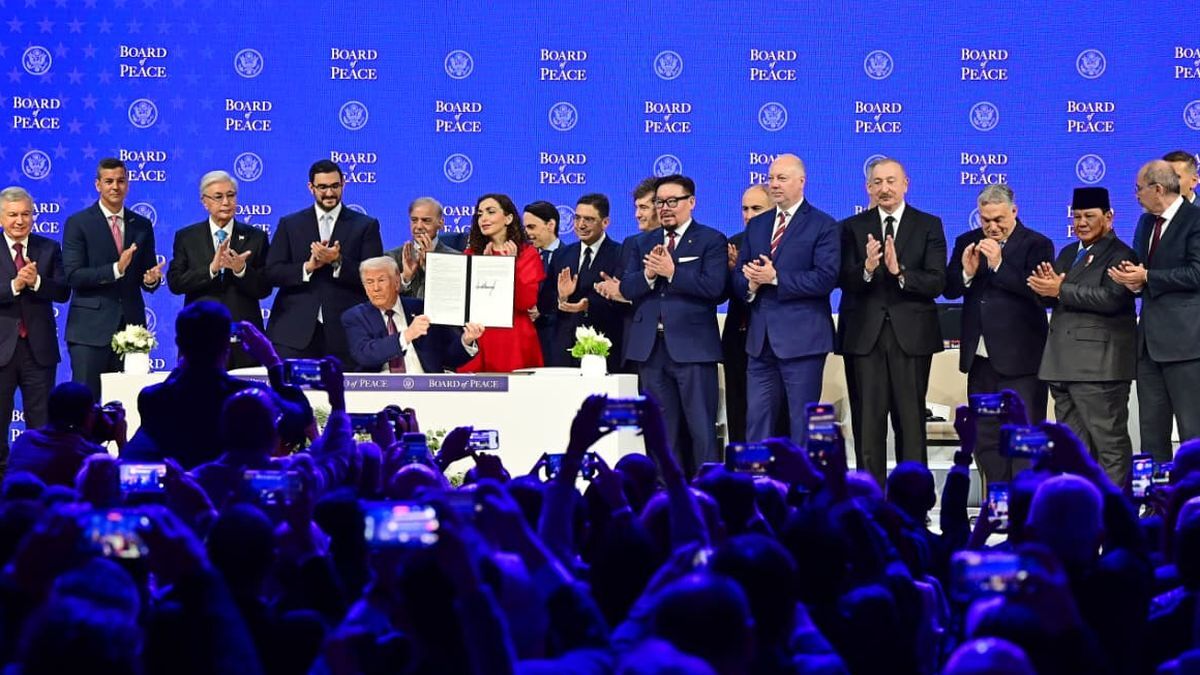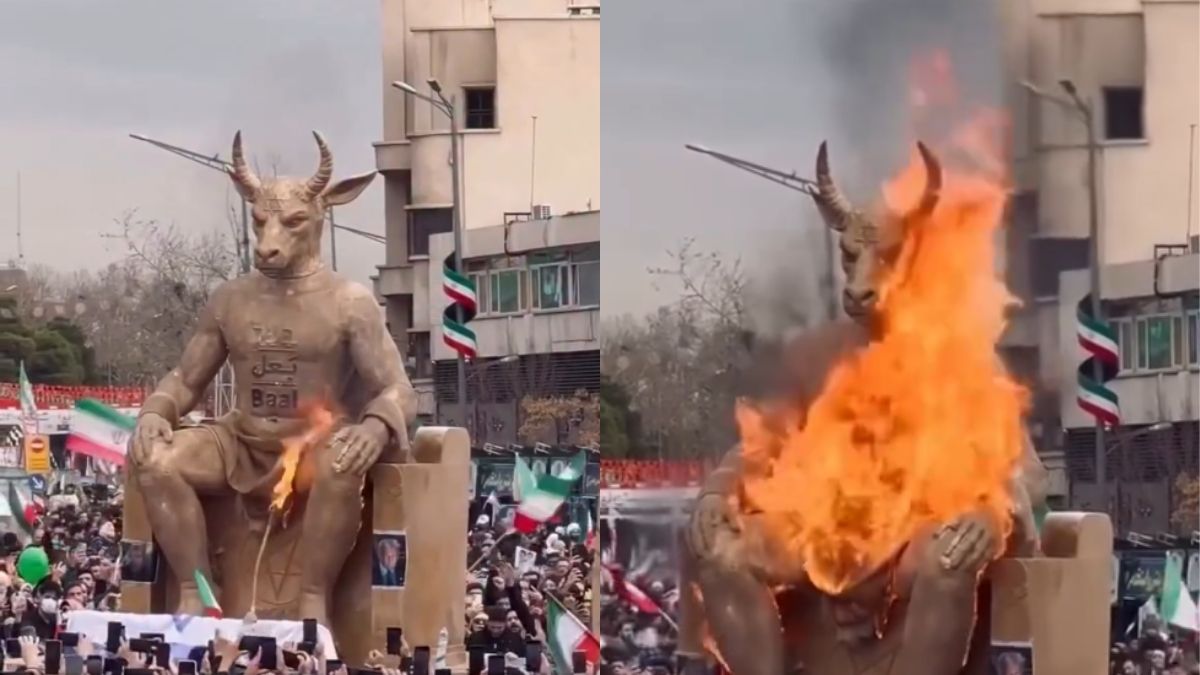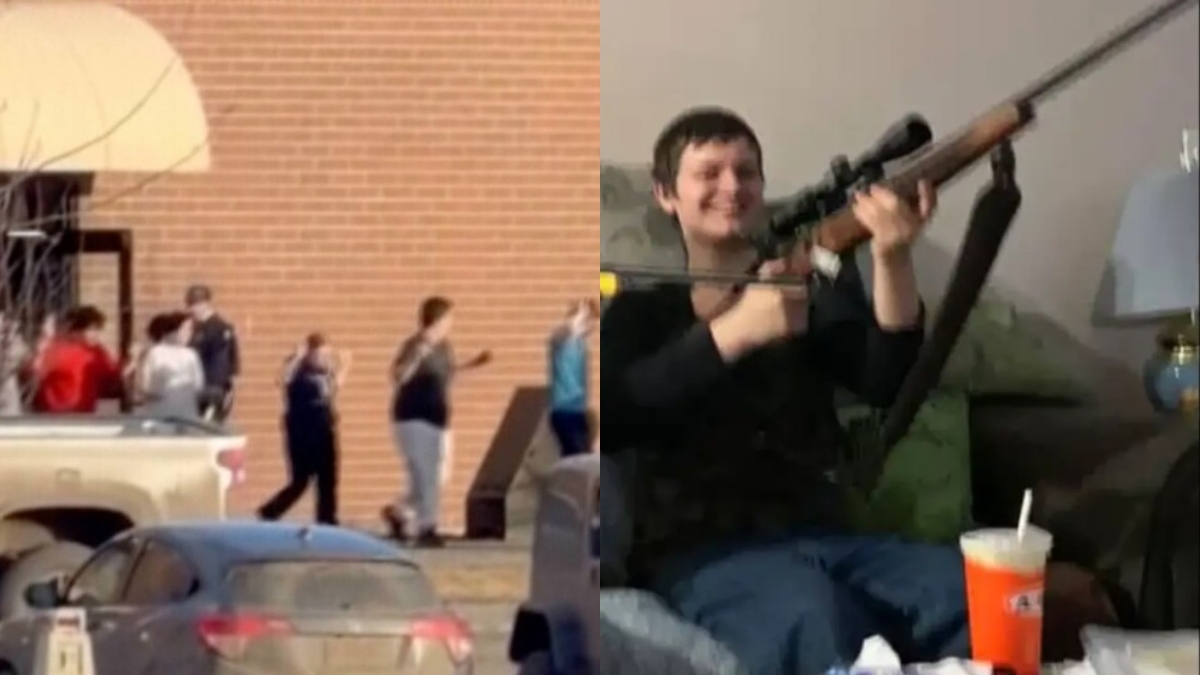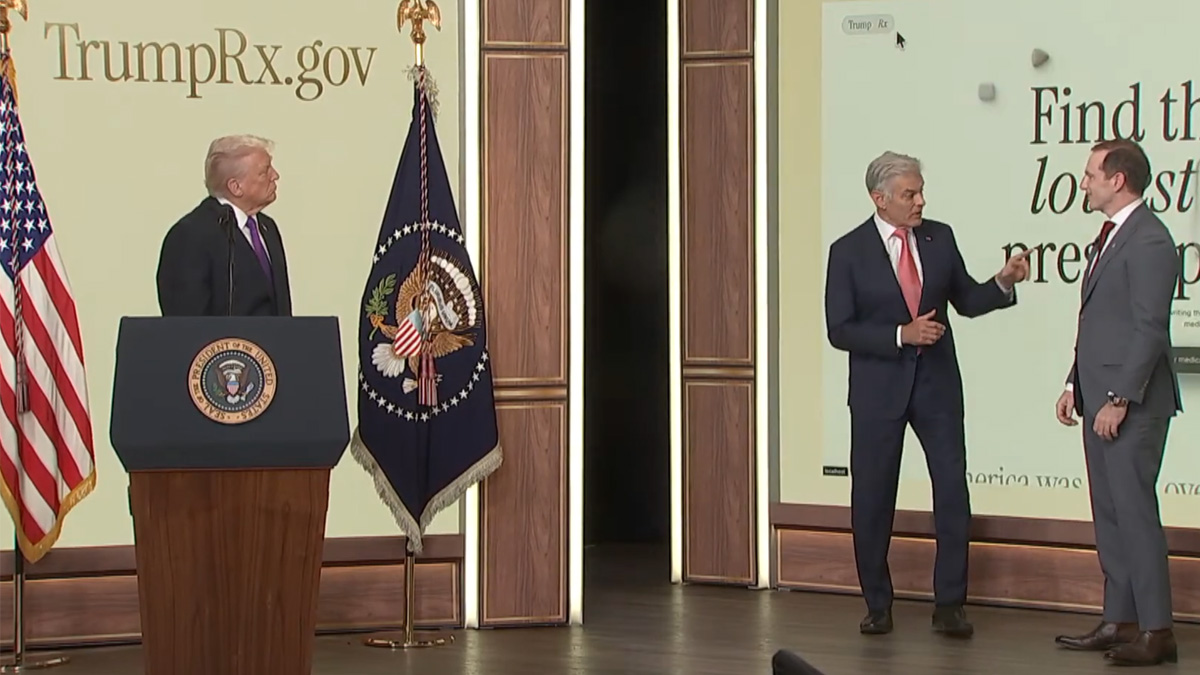MSF condemns Israeli restrictions on Gaza aid after deadly attack near Khan Younis
Médecins Sans Frontières (MSF) has accused Israel of weaponising aid and enforcing inhumane restrictions in Gaza after more than 51 Palestinians were killed in an attack near a food distribution site in Khan Younis.

- More than 51 Palestinians were killed near a food distribution site in Khan Younis on 19 June, 2025, in an attack attributed to Israeli forces.
- MSF accused Israel of “weaponising aid” by severely restricting medical, food, and fuel supplies despite claiming to allow humanitarian access.
- International agencies, including the UN, warned of systemic patterns of violence and urged immediate investigation and intervention.
Médecins Sans Frontières (MSF) issued a forceful condemnation of Israel’s aid restrictions in Gaza on 19 June, 2025, following a mass killing outside Khan Younis.
According to the Hamas-run civil defence agency, Israeli forces opened fire on civilians gathering near a World Food Programme (WFP) distribution point east of the city.
The attack left at least 51 people dead and more than 200 injured. Witnesses said Israeli drones fired two missiles before tanks shelled the crowd from a position roughly 400 to 500 metres away.
Dozens of casualties were transported to Nasser Hospital, which has been overwhelmed by the scale of the influx.
MSF denounces “weaponisation of aid”
MSF argued that the attack reflects a wider pattern of escalating violence alongside deliberate restrictions on humanitarian assistance.
In its statement, the organisation said Israeli authorities are deliberately limiting medical supplies, food, and fuel to dangerously low levels despite claiming to facilitate humanitarian corridors.
Aitor Zabalgogeazkoa, MSF’s emergency coordinator in Gaza, criticised the policies as inadequate and cynical.
“The charade of only allowing medical and fuel supplies at the very last-minute ahead of a looming disaster is nothing but a band aid on a gushing wound. The weaponisation of aid must end,” Zabalgogeazkoa said.
Rising medical emergencies
MSF reported alarming increases in violence-related injuries at its clinics and hospitals.
Field hospitals in Deir Al-Balah recorded a 190 per cent rise in gunshot wounds within a single week. Facilities in Khan Younis and Deir Al-Balah reported their highest patient numbers since the resumption of large-scale military operations.
Critical shortages of gauze, medications, therapeutic food for malnourished children, and fuel-powered equipment have exacerbated the situation.
Amy Low, MSF’s medical team leader in Gaza City, highlighted the risks posed to infants.
She noted that at Al-Helou Maternity Hospital, neonatal care is compromised by recurring power cuts. Oxygen and ventilators essential for newborn survival are frequently shut down due to fuel shortages.
Impact on essential services
Beyond hospitals, the shortages are crippling Gaza’s basic infrastructure.
MSF reported that clean water access has plummeted as desalination plants cannot function without fuel. Ambulance services and transport systems are also disrupted, preventing the evacuation of critically wounded patients.
Aid agencies warn that these restrictions threaten the survival of the most vulnerable populations, including children and the elderly.
Pattern of violence at aid sites
The Khan Younis incident is the latest in a string of violent episodes involving civilians attempting to access humanitarian assistance.
The World Health Organization confirmed the event as a mass casualty incident and observed a “disturbing correlation” between food distribution sites and gunshot injuries.
The Gaza Humanitarian Foundation, which oversees some aid operations, distanced itself from the shootings, emphasising they took place outside its managed zones.
Israeli response
The Israeli military said it is reviewing the incident. Officials acknowledged that a crowd had gathered near Israeli troops in the area but provided no further detail.
Critics argue that the design of Israel’s new aid distribution system is aggravating the crisis. By bypassing UN agencies and directly managing supplies, critics claim the policy has created chaos and desperation at distribution points.
Footage and eyewitness accounts verified by humanitarian monitors appear to show Israeli forces repeatedly firing on civilians gathered near aid sites in recent weeks.
International condemnation
International officials have voiced concern.
UN High Commissioner for Human Rights Volker Turk accused Israel of weaponising food and demanded a full investigation into the Khan Younis shootings.
Philippe Lazzarini, Commissioner-General of UNRWA, warned that the tragedies in Gaza “continue unabated amid dwindling global attention”.
Humanitarian toll of renewed war
The broader context is Israel’s ongoing military campaign, which reignited on 18 March, 2025, after the collapse of a ceasefire.
According to Gaza’s Health Ministry, 55,959 Palestinians have been killed since the conflict began in October 2023.
The most recent Israeli offensive has caused at least 5,647 deaths and 19,201 injuries in just three months.
MSF warns of genocidal conditions
MSF claims that Israel’s restrictions and attacks form part of a systemic strategy to dismantle essential conditions for Palestinian survival.
“MSF teams are witnessing patterns consistent with genocide in Gaza,” the group said, citing the combination of mass killings and systematic denial of aid.
The organisation stressed that without immediate international intervention, Gaza’s humanitarian infrastructure faces total collapse.
A system under strain
Observers note that the humanitarian crisis is compounded by long-term structural damage.
Years of blockade, compounded by recurrent wars, have left Gaza dependent on international aid for food, water, electricity, and healthcare. The current restrictions, aid groups say, have reduced those lifelines to unsustainable levels.
For residents, daily life is dominated by shortages, with parents struggling to feed children, hospitals rationing electricity, and aid agencies forced to make impossible choices about resource allocation.
Calls for international action
Humanitarian agencies are urging foreign governments to exert pressure on Israel to guarantee consistent aid access.
Some analysts argue that the crisis could reshape global debates over humanitarian law, accountability, and the limits of military conduct in densely populated areas.
MSF and other organisations stress that beyond emergency supplies, Gaza requires sustained humanitarian access and reconstruction efforts to avoid permanent devastation.







